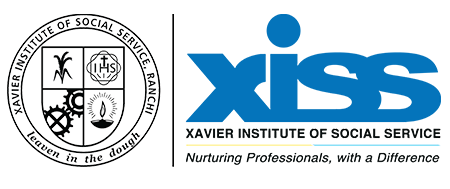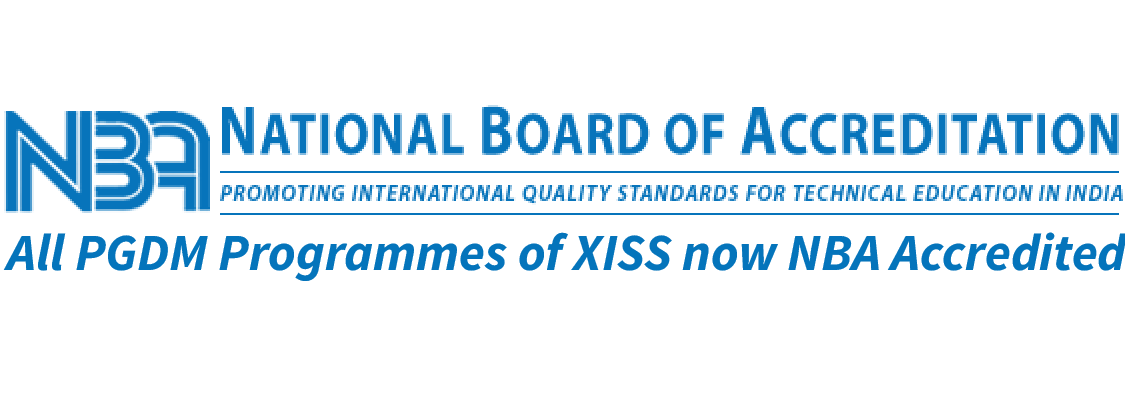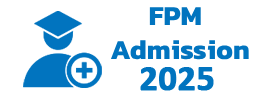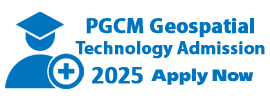Programme Overview

Dr Bhabani Prasad Mahapatra
Head, PGDM
(Marketing Management)
The two-year Post Graduate Diploma Programme in Management in Marketing prepares a student for a career in marketing and sales in industry, products and services. It also aims at developing skill sets for the new upcoming areas in Marketing Analytics, Marketing Operations, Digital Marketing. The programme facilitates learning of theory and practice in different areas of Management and to bridge the knowledge and application expectations of the different stakeholders.
Under this programme the courses are designed to develop – (i) the analytical, problem solving and decision making abilities, (ii) the awareness of the socio-economic environment, and (iii) the personality with socially desirable values and attitudes. Towards these objectives and to suit the contents of each course, a variety of teaching methodologies, such as case studies, role-plays, problem solving exercises, group discussions, computer simulation games, audio-visuals, are used in the programme.
The primary objective of the programme is to impart knowledge and skills and, just as important, to transmit certain values. The institute proposes to make the students aware of the occupational mobility and voluntary compliance to ethics, law and social responsibilities.
In this context, not only the imparting of knowledge and skills is of vital importance, but even more crucial is the purpose for which the knowledge and skills are utilized. This will greatly depend on the values that students carry with them once they graduate from the institute.
The programme helps the students to equip themselves with the knowledge, skills and values. This is by way of:
-
Getting the students acquainted with problems of today’s business environment which has grown to be dynamic and competitive.
-
Development of decision making skills, analytical skills and logical through several case study analysis, presentations, live projects, company internship, interactive class room lectures and discussions.
-
Improvement in the communication and interpersonal skills of students, that they become confident and influence others. s
-
Communication labs are an essential part of the curriculum for students to become good listeners who are sensitized to the expectations of others and play an effective role in group situations.
-
Summer Project / Internship are an integral part of the course curriculum. The summer internship programme is for a period of six to eight weeks.
-
Rural camps are organized with an objective of imparting an understanding of the deeper aspirations of the common people for justice. The course ensures a perfect blend of humanity and professionalism, the amalgamation of management, leadership and social service is an active ingredient of this esteemed institution that creates, “Professionals with a difference.”
Programme Educational Objectives (PEOs)
To develop a set of individuals who work and innovate in the field of Sales and Marketing in specific and business in general.
To sensitize the students towards sustainable development and people’s lives especially in the rural areas.
To adopt academic and industry practices in the programme which aim at holistic learning for the students.
To generate awareness among students on ethical and value based personal and Professional living.
Programme Outcomes (POs)
Apply knowledge and insights of different management theories and practices to solve business problems.
Foster Analytical and critical thinking abilities for data based decision making.
Ability to understand, analyse and communicate global economic legal and ethical aspects of business.
Ability to develop value based leadership ability.
Ability to lead themselves and other on the achievement of organization goals contributing effectively to a team environment.
Futuristic Approach
The Programme has taken note of the fast changing field of marketing management as a discipline and to attune itself to the changing demands of the industry, the department has decided to continuously work towards identifying the requirements and incorporating it in the curriculum. Faculty members are attending different programs like seminars, workshops and faculty development programs as well as engaging with the industry through live projects apart from the conventional Summer Internships and guest lecturers from the industry experts. Our alumni are also helping out in carrying out this effort. The relevance of the curriculum is also therefore kept only for a period of two years after which the Board of Studies comprising representation from eminent academia, industry and Alumni come together and redesign it.
Course Structure for PGDM (Marketing)
Course No. |
Trimester – I |
|---|---|
| 101 |
Foundations of Business Analytics – I |
| 102 |
Accounting for Managers – I |
| 103 |
Managerial Economics |
| 104 |
Principles of Management |
| 105 |
Business Communication |
| 106 |
Marketing Management – I |
| 107 |
IT Skills for Managers |
| 108 |
Organization Behaviour – I |
| 109 |
Communication Lab |
Course No. |
Trimester – II |
|---|---|
| 201 |
Research Methodology |
| 202 |
Accounting for Managers – II |
| 203 |
Financial Management |
| 204 |
Economic Analysis and Policy |
| 205 |
Marketing Management – II |
| 206 |
Human Resource Management |
| 207 |
Organization Behaviour – II |
| 208 |
Operations Research |
| 209 |
Soft Skill Development – I |
Course No. |
Trimester – III |
|---|---|
| 301 |
Financial Market and Services |
| 302 |
Organization Behaviour – III |
| 303 |
Business Environment |
| 304 |
Foundations of Business Analytics – II |
| 305 |
MIS |
| 306 |
Cost and Management Accounting |
| 307 |
Operations and Supply chain Management |
| 308 |
Digital Marketing |
| 309 |
Soft Skill Development-II |
| 310 |
Rural Camp |
Course No. |
Trimester – IV |
|---|---|
| 401 |
Business Law |
| 402 |
Soft Skill Development-III |
Electives (any 7) Serial No 403, 404 & 405 is compulsory |
|
| 403 |
Services Marketing |
| 404 | Consumer Behaviour |
| 405 |
Sales and Distribution |
| 406 |
Econometrics |
| 407 |
Retail Management |
| 408 |
Project Management |
| 409 |
Business Modelling using Excel |
| 410 |
Banking and Insurance Management |
| 411 |
Customer Relationship Management |
Course No. |
Trimester – V |
|---|---|
| 501 |
Soft Skill Development-IV |
| 502 |
Summer Internship Project (SIP) |
| 503 |
Industrial Visit |
Electives (any 5) Serial No 504, 506 & 510 is compulsory |
|
| 504 |
Integrated Marketing communication |
| 505 |
Retail Store Operations |
| 506 |
Strategic Marketing |
| 507 |
Advanced Business Analytics |
| 508 |
International Trade |
| 509 |
Strategic Brand Management |
| 510 |
Product Management |
Course No. |
Trimester – VI |
|---|---|
| 601 |
Business Ethics and CSR |
| 602 |
Business Policy and Strategic Management |
| 603 |
Summer Internship Project (SIP) |
Electives (any 3) |
|
| 604 |
B2B Marketing |
| 605 |
Marketing in Practice |
| 606 |
Entrepreneurship Management |
| 607 |
International Marketing |
| 608 |
Rural Marketing |
| 609 |
Marketing Metrics |






